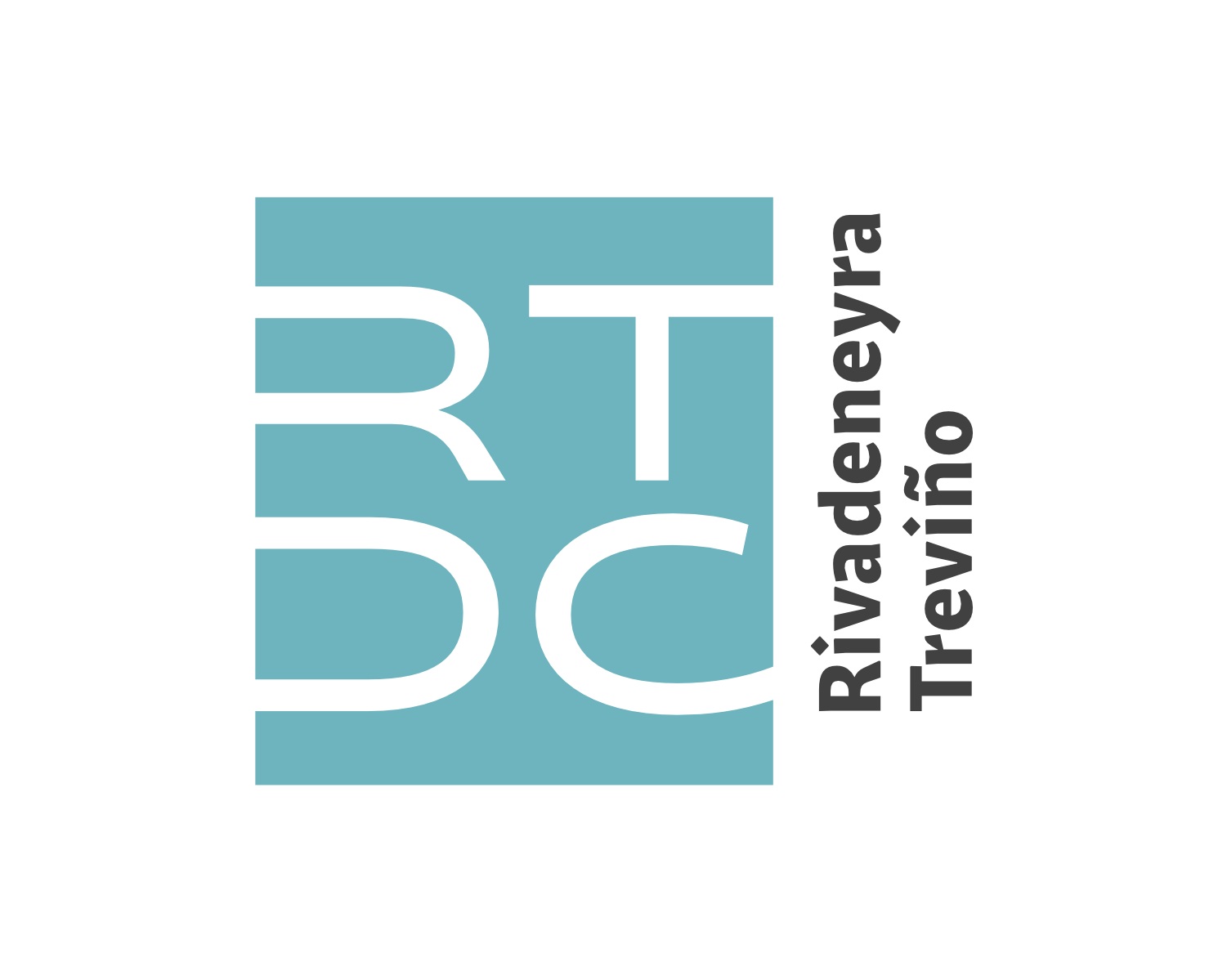Best Corporate Governance Lawyers in Mexico City
Share your needs with us, get contacted by law firms.
Free. Takes 2 min.
List of the best lawyers in Mexico City, Mexico
About Corporate Governance Law in Mexico City, Mexico
Corporate governance refers to the structure, processes, and rules that guide how companies are directed and controlled. In Mexico City, as well as throughout Mexico, these principles are shaped by a mix of federal legislation, local regulations, and industry standards. The goal of corporate governance is to ensure that companies are managed efficiently, transparently, and ethically - balancing the interests of shareholders, board members, management, employees, customers, and the broader community. The legal framework in Mexico City reflects international best practices and aims to promote business stability, investor confidence, and corporate accountability.
Why You May Need a Lawyer
You may need legal assistance with corporate governance in Mexico City for several reasons. Common situations include forming a company and developing its internal rules, resolving disputes between shareholders or board members, ensuring compliance with local and national regulations, preparing for audits, or updating internal controls and codes of conduct. If your company plans to raise capital, undergo a merger or acquisition, or face a regulatory investigation, experienced legal guidance is essential to protect your interests and minimize liability. Lawyers can also help review company documentation, governance policies, and provide training to boards or corporate officers to ensure best practices are followed.
Local Laws Overview
Corporate governance in Mexico City is primarily governed by federal laws, such as the General Law of Commercial Companies (Ley General de Sociedades Mercantiles - LGSM) and securities laws overseen by the National Banking and Securities Commission (Comisión Nacional Bancaria y de Valores - CNBV). Companies listed on the Mexican Stock Exchange must also comply with the Code of Best Corporate Practices issued by the Business Coordinating Council (Consejo Coordinador Empresarial). Key aspects include the composition and responsibilities of boards of directors, rights and duties of shareholders, disclosure and transparency requirements, mechanisms for conflict resolution, and the regulation of related-party transactions. Local authorities may also enforce certain rules relating to company registration, tax obligations, and labor law requirements.
Frequently Asked Questions
What is the main law governing corporate governance in Mexico City?
The primary law is the General Law of Commercial Companies (LGSM), which applies nationwide, supplemented by the Securities Market Law and regulatory provisions of entities like the CNBV.
Is it mandatory for all companies to have a board of directors?
Most corporate forms, such as the Sociedad Anónima (S.A. or S.A.P.I.), must have a board of directors or a sole administrator as established in their bylaws.
How often should a company hold shareholders' meetings?
Companies must hold at least one annual shareholders' meeting to review financial statements and appoint directors and statutory auditors.
Are there special rules for publicly listed companies?
Yes, listed companies must comply with additional disclosure, transparency, and corporate governance obligations set by the Securities Market Law and the CNBV.
What are the main duties of a board of directors in Mexico?
The board’s duties include overseeing management, ensuring legal compliance, approving key internal policies, and representing the company’s and shareholders’ interests.
Do Mexican corporate governance laws require independent directors?
Listed companies must include a minimum percentage of independent directors on their boards as required by securities regulations and best practices codes.
How are shareholder disputes typically resolved?
Disputes can be managed through mediation, arbitration, or litigation, depending on what is specified in company bylaws or shareholder agreements.
Are companies required to disclose information to shareholders and the public?
Yes, all companies must keep shareholders informed about corporate matters, and publicly listed companies are subject to extensive disclosure obligations.
Can the bylaws of a company override statutory requirements?
No, company bylaws must always be in line with Mexican law. Any bylaw provision contradicting the law is null and void.
What are the penalties for failing to comply with corporate governance requirements?
Penalties can include administrative sanctions, fines, or even criminal liability in cases of fraud, as well as potential civil claims from shareholders or third parties.
Additional Resources
- The National Banking and Securities Commission (Comisión Nacional Bancaria y de Valores - CNBV) provides regulatory guidance and investor protection information. - The Mexican Stock Exchange (Bolsa Mexicana de Valores) publishes rules and best practices for listed companies. - The Ministry of Economy (Secretaría de Economía) offers resources on company formation, compliance, and business operations. - The Business Coordinating Council (Consejo Coordinador Empresarial) releases the Code of Best Corporate Practices. - Local business chambers, such as the Mexico City Chamber of Commerce (Cámara de Comercio de la Ciudad de México), can provide referrals and information.
Next Steps
If you believe you need legal assistance with corporate governance in Mexico City, start by gathering all relevant company documents, such as bylaws, shareholder agreements, and board meeting minutes. Consider the specific issue you are facing, whether it is compliance, a dispute, or organizational change. Research and select a lawyer or law firm that specializes in corporate governance and has experience with the type of company you have. Schedule a consultation to discuss your situation in detail. Staying proactive and informed will help ensure your company complies with Mexican law and upholds the highest standards of corporate governance.
Lawzana helps you find the best lawyers and law firms in Mexico City through a curated and pre-screened list of qualified legal professionals. Our platform offers rankings and detailed profiles of attorneys and law firms, allowing you to compare based on practice areas, including Corporate Governance, experience, and client feedback.
Each profile includes a description of the firm's areas of practice, client reviews, team members and partners, year of establishment, spoken languages, office locations, contact information, social media presence, and any published articles or resources. Most firms on our platform speak English and are experienced in both local and international legal matters.
Get a quote from top-rated law firms in Mexico City, Mexico — quickly, securely, and without unnecessary hassle.
Disclaimer:
The information provided on this page is for general informational purposes only and does not constitute legal advice. While we strive to ensure the accuracy and relevance of the content, legal information may change over time, and interpretations of the law can vary. You should always consult with a qualified legal professional for advice specific to your situation.
We disclaim all liability for actions taken or not taken based on the content of this page. If you believe any information is incorrect or outdated, please contact us, and we will review and update it where appropriate.

















